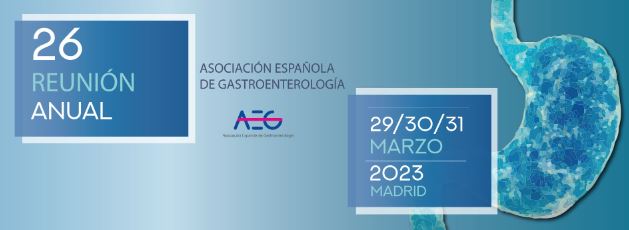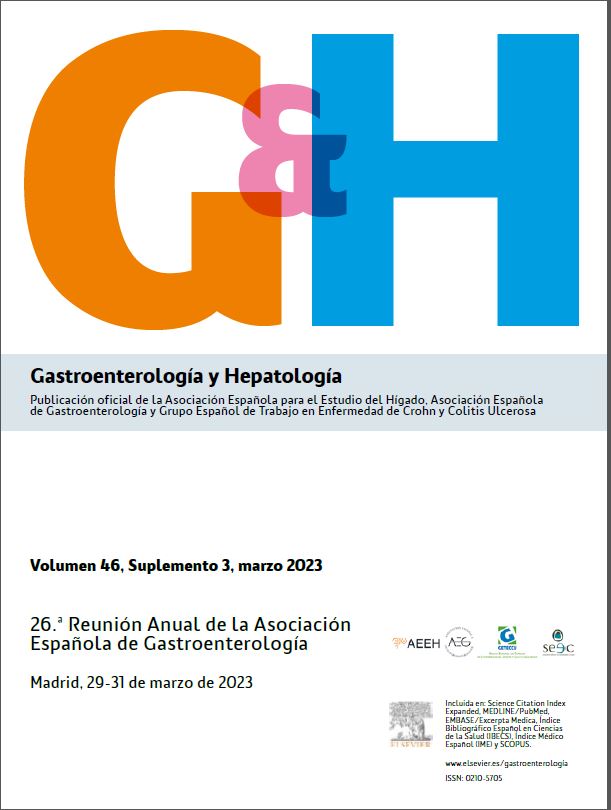178 - THERAPEUTIC POTENTIAL OF TARGETING PROTEIN HYPER- SUMOYLATION IN CHOLANGIOCARCINOMA
1Department of Liver and Gastrointestinal Diseases, Biodonostia Health Research Institute-Donostia University Hospital, University of the Basque Country (UPV/EHU), San Sebastian. 2National Institute for the Study of Liver and Gastrointestinal Diseases (CIBERehd, "Instituto de Salud Carlos III"). 3Hepatology Program, CIMA, University of Navarra, Pamplona. 4Instituto de Investigaciones Sanitarias de Navarra (IdiSNA), Pamplona. 5Proteomics Platform, CIC bioGUNE, CIBERehd, ProteoRed-ISCIII, Bizkaia Science and Technology Park, Derio. 6Biotech Research and Innovation Centre (BRIC), Department of Health and Medical Sciences, University of Copenhagen, Copenhagen, Denmark. 7Department of Gastroenterology & Hepatology, Radboud University Nijmegen Medical Center, The Netherlands. 8Osakidetza Basque Health Service, Donostialdea IHO, Donostia University Hospital, Department of Pathology, San Sebastian. 9Experimental Hepatology and Drug Targeting (HEVEPHARM) Group, Institute of Biomedical Research of Salamanca (IBSAL), University of Salamanca. 10Liver Disease Laboratory, CIC bioGUNE, Basque Research and Technology Alliance (BRTA). 11Department of Physiology, Faculty of Medicine and Nursing, University of the Basque Country (UPV/EHU), Leioa. 12Biocruces Bizkaia Health Research Institute, Cruces University Hospital, Barakaldo. 13IKERBASQUE, Basque Foundation for Science, Bilbao. 14Department of Medicine, Faculty of Medicine and Nursing, University of the Basque Country (UPV/EHU), Leioa. 15Department of Biochemistry and Genetics, School of Sciences, University of Navarra, Pamplona.
Introduction and objectives: cholangiocarcinoma (CCA) comprises a heterogeneous group of malignant tumors with dismal prognosis. Alterations in post-translational modifications (PTMs), including SUMOylation, result in abnormal protein dynamics, cell disturbances and disease. Here, we investigate the role of SUMOylation in CCA development and progression.
Methods: Levels and function of SUMOylation, together with response to S-adenosylmethionine (SAMe) and ML792 (SUMOylation inhibitors) or CRISPR/Cas9 against UBE 2I were evaluated in vitro, in vivo and/or in patients with CCA. The impact of SUMOylation in CCA cells on tumor-stroma crosstalk was assessed performing co-culture experiments with CCA-derived cancer-associated fibroblasts (CAFs), human endothelial cells and monocytes. Proteomic analyses were carried out by mass spectrometry.
Results: The SUMOylation machinery was found overexpressed and overactivated in human CCA cells and tumors, correlating with poor prognosis. Most SUMOylated proteins found upregulated in CCA cells, after SUMO1-immunoprecipitation and further proteomics, participate in cell proliferation, survival or cell homeostasis. Genetic (CRISPR/Cas9-UBE2I) and pharmacological (SAMe and ML792) inhibition of SUMOylation reduced CCA cell proliferation and impeded colony formation in vitro. Moreover, both SAMe and ML792 induced apoptotic cell death in CCA cells in vitro. SUMOylation depletion (SAMe, ML792 or CRISPR/Cas9-UBE2I) halted tumorigenesis in subcutaneous models of CCA in vivo. Furthermore, SUMOylation deficiency in CCA cells reduced cancer-associated fibroblast and endothelial cell proliferation and impaired macrophage polarization towards an anti-inflammatory M2-like phenotype.
Conclusions: Aberrant protein SUMOylation contributes to cholangiocarcinogenesis by promoting cell survival and proliferation. Moreover, SUMOylation impacts the CCA-stroma crosstalk. Impaired SUMOylation halts CCA growth and, thus, may represent a potential new therapeutic strategy for patients with CCA.









